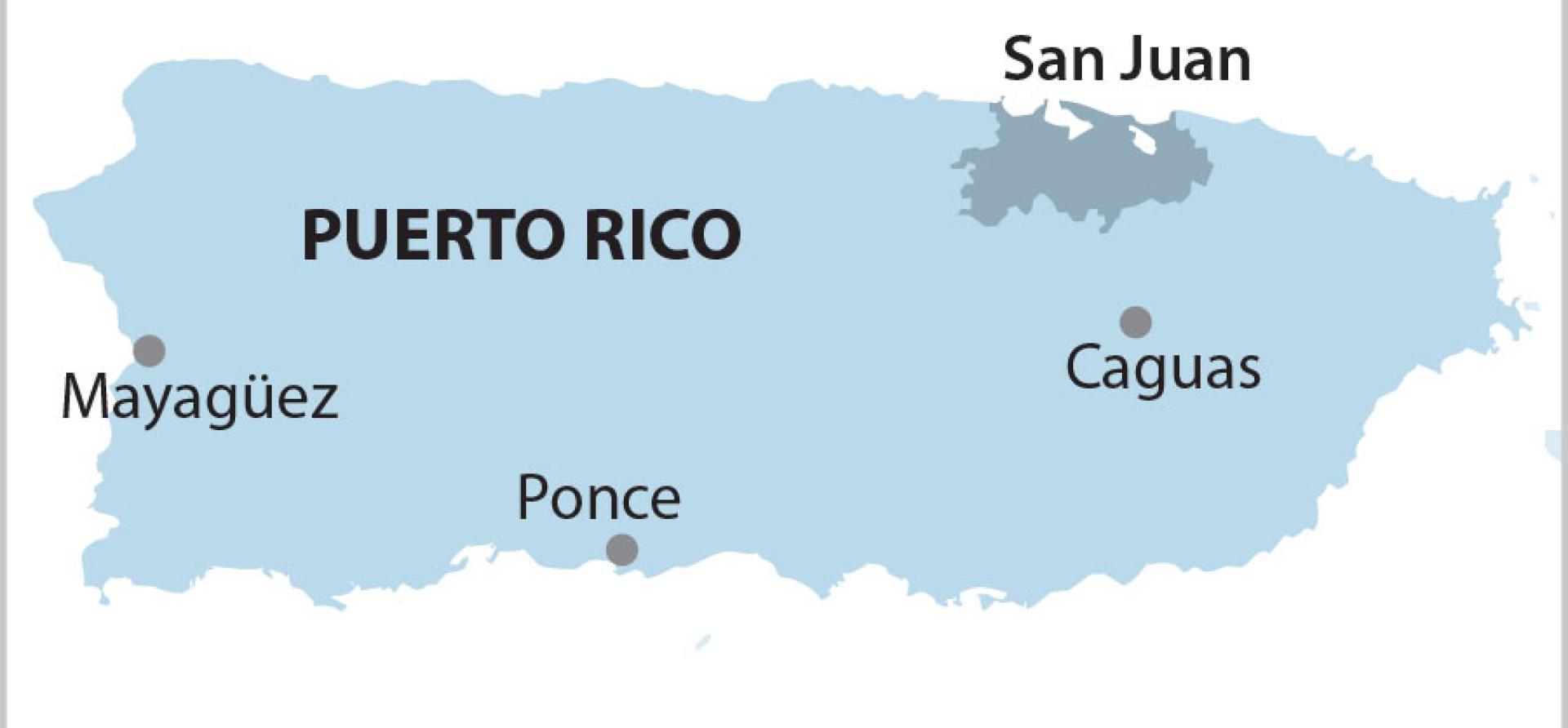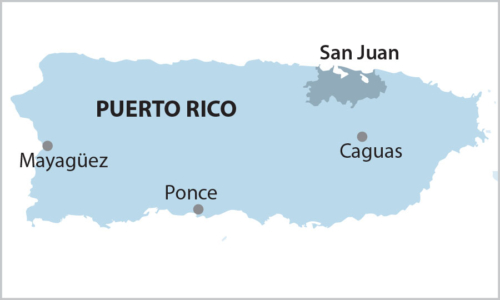IEEFA op-ed: Privatizing Puerto Rico’s electric utility (PREPA) opens door to more waste and mismanagement

 On Tuesday April 9th, at a hearing on rebuilding and privatizing Puerto Rico’s electrical system, I will tell the House Committee on Natural Resources why the current privatization plans are likely to fail.
On Tuesday April 9th, at a hearing on rebuilding and privatizing Puerto Rico’s electrical system, I will tell the House Committee on Natural Resources why the current privatization plans are likely to fail.
The hearing comes amid controversy, including the ongoing debate over giving additional disaster aid to Puerto Rico. That is coupled with a February court ruling that struck down the way appointments are made to the fiscal control board that oversees the island’s recovery from its fiscal crisis.
It should be clear, to anyone paying attention, that billions of dollars of investment are needed to restore and upgrade Puerto Rico’s electrical system, which continues to run mostly on oil-fired power plants. Further, the system relies heavily on an extensive network of long-distance transmission lines that are vulnerable to severe storms.
The Puerto Rico Electric Power Authority’s (PREPA) fiscal plan, approved by the federal Financial Oversight and Management Board, calls for $7 billion over five years in federal investment as a “floor” on funding needed for resilience; other estimates put that floor significantly higher. Without adequate investment, the next major storm in Puerto Rico will cost yet more lives and further delay economic recovery.
Privatization is likely to raise rates, not lower them
Congress should take note that the privatization plans currently under consideration are not likely to achieve the island’s declared policy of affordable, resilient and 100 percent renewable energy by 2050. Our research at Institute for Energy Economics and Financial Analysis shows that — by overbuilding natural gas infrastructure, crowding out low-cost renewable energy and relying on expensive private capital — privatization is likely to raise rates, not lower them.
Specifically, we estimate rates will rise to 27 cents/kWh, 35 percent higher than the 20 cents/kWh goal articulated in PREPA’s financial plan. In addition, by locking Puerto Rico into long-term contracts (largely for natural gas), privatization will create incentives to maintain those expensive contracts while setting up barriers to residents generating their own power through rooftop solar or other local options. This goes directly against Puerto Rico’s ambitious energy bill that was passed by the legislature and signed into law by the governor last month.
The law governing privatization creates a non-transparent process with little role for Puerto Rico’s energy regulator and little clarity on the long-term monitoring and accountability of the contracts. In other words, it enables precisely the same sort of expensive and politically-driven contracts that have plagued PREPA’s operations in the past and contributed to its current bankruptcy. Such contracts include a billion-dollar oil contracting scandal, over-priced renewable energy contracts, excessive fees for financial consultants, and the award of a major grid contract to the politically-connected but not-up-to-task Whitefish firm.
It is for this reason — for the need to efficiently deploy billions in federal funding to improve the resiliency and affordability of Puerto Rico’s electrical system — that IEEFA has recommended appointment of an independent monitor for PREPA. Such entities, known as independent private sector inspectors general (IPSIGs), have previously been recognized by Congress as the best way to ensure effective oversight in disaster recovery situations, precisely for their role in preventing waste, fraud and abuse. Recently, the Puerto Rico electrical workers’ union, UTIER, petitioned the federal court that is handling the PREPA bankruptcy, to set up an IPSIG for the electric utility, a move that would provide a more secure way forward.
As long as the management of Puerto Rico’s electrical system remains governed by political expediency rather than genuine concern for ratepayers and consumers, the privatization of PREPA will leave the people of Puerto Rico with high rates, bad contracts and a lost opportunity to rebuild a decentralized power system based on local renewable energy.
Tom Sanzillo ([email protected]) is IEEFA’s director of finance. A copy of his written testimony for the House Natural Resources Committee April 9th hearing on The Status of the ‘Rebuilding and Privatization of the Puerto Rico Electric Power Authority’, (PREPA), can be found here.
This commentary first appeared in The Hill April 7, 2019
Related items
IEEFA Puerto Rico: Regulator rejects PREPA’s 20-year plan
IEEFA Puerto Rico: Bad gas deal hurts PREPA chances for a turnaround
IEEFA Puerto Rico: PREPA privatization plan overlooks unionized workers as best asset















